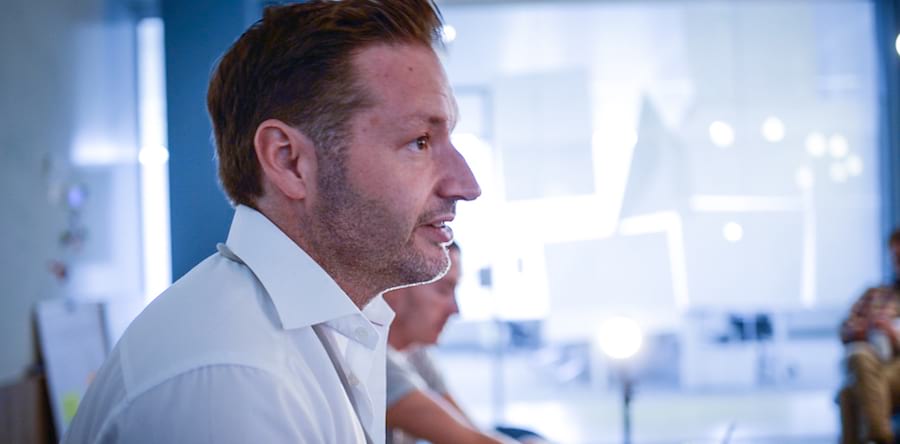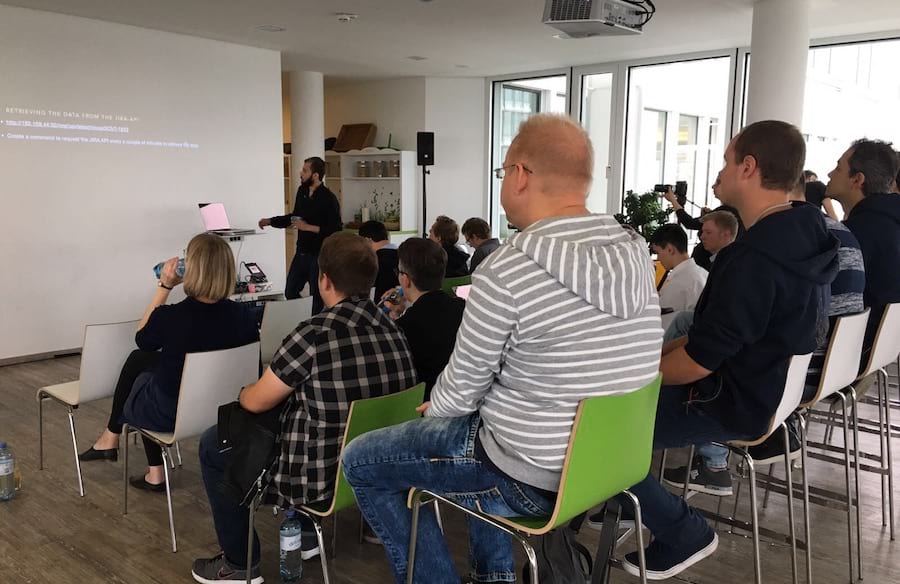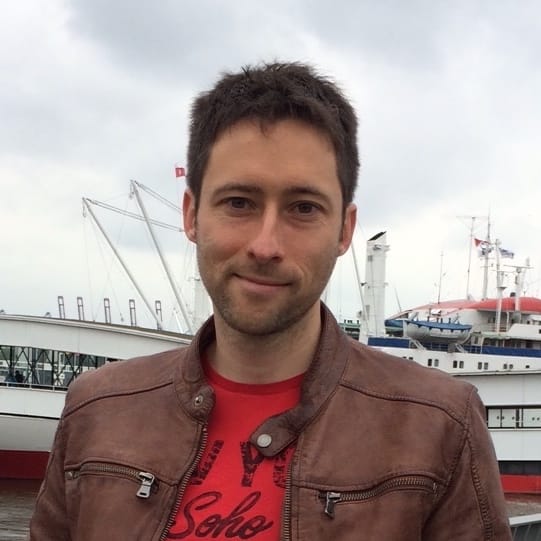
Education.
It’s not only a topic that is very dear to our CEO Rolf Schrömgens, but that trivago as an entire organization cares about. Without good education, we will not be able to continue to add great people to our teams, or advance as a society.
The event
Our latest education-related achievement was the trivago Tech Camp 2017 that took place in late August and early September. Ten students joined us for two weeks to work alongside trivago developers on real-world projects. The participants were mainly IT students, and came from eight different countries: Egypt, Iran, China, Germany, Poland, Uzbekistan, Cameroon, and Malaysia. This level of diversity even beats the usual trivago average.
After some introductory sessions, one of them including Rolf, and an office tour, the Tech Camp mentors presented the projects.

The projects
The mentors had prepared several real-world challenges for the students. Our goal was for them to get the most out of their two weeks at trivago: we wanted them to learn, to improve their software engineering practices, and to collaborate as in a professional development team.
Perhaps most important of all: we wanted them to have real impact. It wasn’t like, “here is your little exercise project that will be thrown away when you’re gone”. The work that the participants did actually makes people at trivago more productive. It automates boring, manual work, and frees up precious time. One of the projects was even published as open source software.
Out of the projects that were pitched to the participants, four ultimately were chosen:
- Improve translation workflow: Our Product Communication team has some complex workflows that can involve dozens of people. You easily lose track of who should take the next step. A custom web application pulls information from JIRA and does not only offer better visibility, but can also automatically decide to push the workflow to the next stage, thus decreasing cycle time significantly. Technologies: PHP, MySQL, JIRA API, Symfony
- User compensation automation: Ease data transfer between the user support team and accounting. This project resulted in two Zendesk apps and now avoids a lot of manual copying and pasting. Technologies: JavaScript, Python, Zendesk API, data export
- Restaurant menu finder: A lot of time is lost every day in long discussions on where to go for lunch. Creating a unified view of nearby restaurants and their current menus can massively speed up the decision — especially if the interface includes searching, sorting and filtering functionality. Technologies: PHP, Python, JavaScript/NodeJS, MySQL
- Akamai API: The goal was to collect performance data related to the Akamai CDN, and to forward this information to InfluxDB and visualize it in Grafana. This project has been made available on Github. Technologies: Go, Docker, InfluxDB, Grafana, various APIs
The work

Our students voted on their favourite projects, and split up into teams of two to three people. Each team had a dedicated mentor who guided them through the different stages of their project: setting up version control, identifying the work that needs to be done, specifying it in issues, contacting stakeholders and discussing requirements with them, etc.
The mentors and the students decided together in which direction to move the project. For example, when one student did not feel like he could contribute to the JavaScript-only codebase of the Zendesk app any more, we decided that he could work on an additional Python app.
The sugar on top
Apart from working on their projects, the participants were encouraged to take part in “everyday trivago life”. This included Vitamins sessions on Content Marketing, a guest talk by beach volleyball aces Jonas Reckermann and Julius Brink, and a Design Thinking workshop given by Jessica Menold, Ph.D., from Pennsylvania State University.
Outcome and lessons learned
Every team made significant progress during the two weeks, and completed something that worked. As early as possible, they demoed working software to the people who would actually use it. This gave them the chance to course correct in case the “customer” wanted something different, or had additional suggestions.
In a final presentation session, each team showed what they had achieved, which approaches they tried, and what difficulties they experienced.

Through surveys and in conversations, we received confirmation that our participants did indeed get a lot out of their short time at trivago. The mentors were approachable and available to them at all times, which gave them the feeling that they actually cared about their success. This, to us, is proof that we achieved our highest goal.
Moreover, the software that was produced during the Tech Camp actually saves trivago employees valuable time, and therefore money. This is a clear win for all people involved.
One insight that we got out of the first version of this event is related to diversity. While we had a geographically diverse set of students, they were all male. Next time, we have to do a better job making women aware of this event, and encouraging them to participate.
Speaking of next time: because of the many positive aspects of the Tech Camp, we will — of course — repeat it in 2018. Stay tuned!


Follow us on